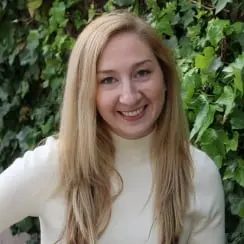 | 1 LU / HSW |
 | 1 LU / HSW |
Room: E145-146
Furnished by: Artcobell
Audience: Architects
Call to Action: Upon completion of this session, you will have the framework to create an inclusive general education setting that allows all learners to thrive.
Abstract: Many School Districts are interested in maximizing inclusion of special education students with their general student populations, and appropriate design can help. Learning disabilities and neurodiversities encompass a diverse spectrum of students, each with unique concerns. As we understand more about the benefits of inclusive design for special education, it’s clear that designing for the highest need benefits not only those with specific requirements but enriches the learning environment for everyone. Learn how to design for inclusive special education through a holistic approach, incorporating variety and flexibility in the classroom and beyond.
Learning Objectives:

Philip is the PK-12 Practice Leader for NAC Architecture, the Pacific Northwest Director on the International Board of the Association for Learning Environments (A4LE), and a member of A4LE’s international Justice, Equity, Diversity, and Inclusion.

A lifelong learner herself, Ann joined NAC with a passion for educational facility design and planning. Ann is a Registered Architect in Washington and Arizona. She holds a Master of Architecture and a Master of Urban Design from Arizona State University and a Bachelor of Human Environmental Sciences from the University of Missouri.

As an experienced educator with over two decades in teaching, coaching, and administration, Brian emphasized the importance of de-escalation training over restraining students and avoiding segregating special education students.
Design of Educational Facilities
Acts as a resource to the design team in providing ongoing guidance and support to ensure that the emerging and ultimate design aligns with the established community vision, education goals, future programming, written design standards, best/next practices and education policy.